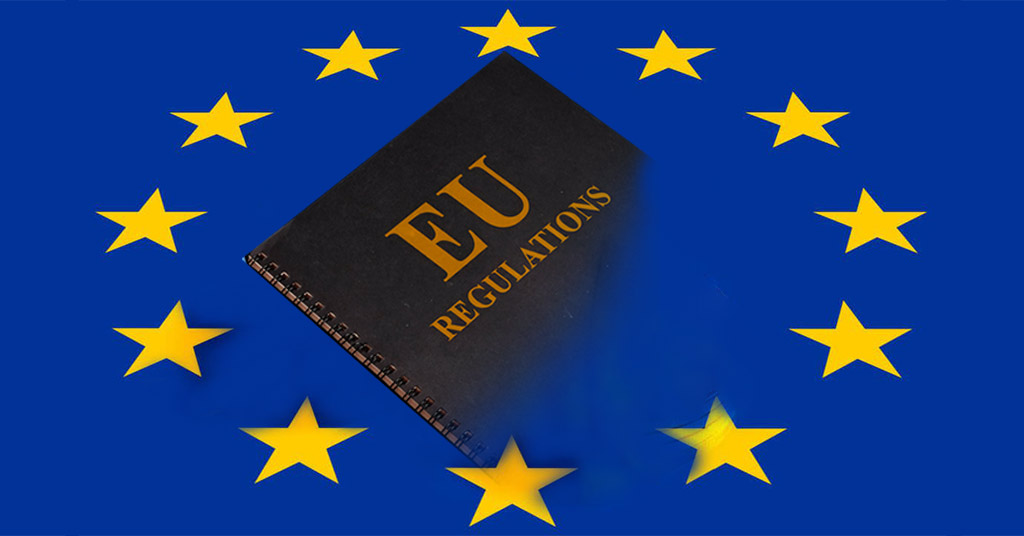Welcome To ChemAnalyst

Europe: The European Commission has given the go-ahead for an import ban on Ukraine to five EU countries. This ban was imposed after Ukraine adopted a unilateral ban, which contravenes the EU-Ukraine Association Agreement and EU treaties. The commission described this as a "compromise" as the number of banned products has decreased. However, the commission's decision has raised concerns about the strength of EU internal regulations and foreign agreements, as it appears that blackmail has been successful in influencing the commission's decisions.
Four EU countries, namely Poland, Hungary, Slovakia, and Bulgaria, have violated the Treaty on the Functioning of the EU and the Association Agreement with Ukraine by banning the import of all agricultural products from Ukraine in April. The European Commission has decided to prohibit the import of multiple agricultural products such as Wheat, Corn, Rapeseed, and Sunflower seeds from Ukraine to Romania and four other countries from 2nd May 2023, as a temporary solution. This so-called "compromise" solution has been imposed following the mentioned countries' blackmail against Ukraine.
A recent ban on Ukrainian poultry exports by several individual EU countries has caused significant damage to Ukraine's already struggling economy, weakened by ongoing war. Unfortunately, this decision sets a dangerous precedent of individual EU members blackmailing the entire union, presenting questions about the strength of EU regulations moving forward. The situation was made even worse due to Turkiye's imposition of new import tariffs and Russia's sabotage of the UN-brokered grain corridor. It's clear that swift action is needed to address the damage caused by these events and prevent further harm to the Ukrainian economy.
After Russia's full-scale aggression in 2022, Ukraine's economy took a severe hit with a massive 29.1% shrink in GDP. However, the European Union provided economic aid to Ukraine during this challenging time by allowing transit of their exports through EU territories and putting an end to EU tariffs on trade with Ukraine. Unfortunately, Poland's unilateral decision to ban imports from Ukraine had a devastating impact on the country's economy. The ban was imposed shortly after the meeting between the Ukrainian and Polish Presidents on April 5, 2023. The situation worsened as Slovakia, Hungary, Bulgaria, and partially Romania joined the ban after April 15, 2023.
Prior to the war, Ukrainian cereal exports made up a substantial 19% of all exports of goods, while Sunflower oil and seeds contributed an additional 10%. These notable figures established Ukraine among the top ten global producers of Corn and Wheat and among the top three for Sunflower oil and seeds. As a result of the destruction of nearly half of Ukraine's primary exports, Iron, and Steel, the proportion of agricultural exports only surged during the war. Despite the ongoing conflict, Ukraine's agricultural exports have remained strong.
In 2022, prior to the full-scale Russian invasion, Ukraine was exporting a significant amount of its cereal products to Asian and African countries. But due to the Russian blockade of Black Sea ports, a considerable portion of Ukraine's cereal exports couldn't reach their intended destinations. As a result, the country redirected its exports partially through the European Union, using the Romanian and Polish ports for transit, which played a crucial role in maintaining trade.
Ukraine's agricultural exports will be nearly 14% blocked due to the import ban on agricultural products by Poland and Hungary, according to Danylo Hetmantsev, the head of the Parliamentary Committee on Taxation Policy and a Ukrainian MP. Hetmantsev revealed that during the first quarter of 2023, Ukraine had exported agricultural products worth $6.75 billion to countries across the globe. Out of which, $652 million was exported to Poland and $268 million to Hungary. This indicates that the embargo on these two countries alone has stopped 14% of all Ukrainian agricultural exports since the ban was implemented.
If other border countries such as Romania were to follow Poland's ban on Ukrainian agricultural products, the losses in exports would be even greater. Romania has become the second-largest exporter of Ukrainian agricultural products, surpassing all other countries except Poland in 2022, particularly in terms of grain exports. Additionally, Romania is responsible for importing 15% of all Ukrainian grain exported.
It is important to note that Poland's initial ban not only targeted cereals, which are Ukraine's major production, but also affected products such as wine or milk that are exported from Ukraine in limited quantities, benefiting small enterprises only.
In a recent development, Poland has openly acknowledged that the imposed ban on certain Ukrainian imports was a form of blackmail towards the European Commission. As per the agreements with the EU, only the Commission has the power to impose trade limits, not individual member states. After multiple rounds of negotiations between the Commission and Poland, Hungary, Slovakia, Romania, and Bulgaria, a compromise was reached in April of 2023. The Commission decided to ban the import of Wheat, Corn, Rapeseed, and Sunflower seeds while releasing other imports. However, the duration of the ban has not yet been determined as Poland is demanding an extension for the entire year of 2023. Although the ban has caused some damage to the Ukrainian economy, other categories of products are still tariff-free. Despite this, Ukraine has protested the decision, stating that it goes against the existing Association Agreement with the EU.
We use cookies to deliver the best possible experience on our website. To learn more, visit our Privacy Policy. By continuing to use this site or by closing this box, you consent to our use of cookies. More info.
